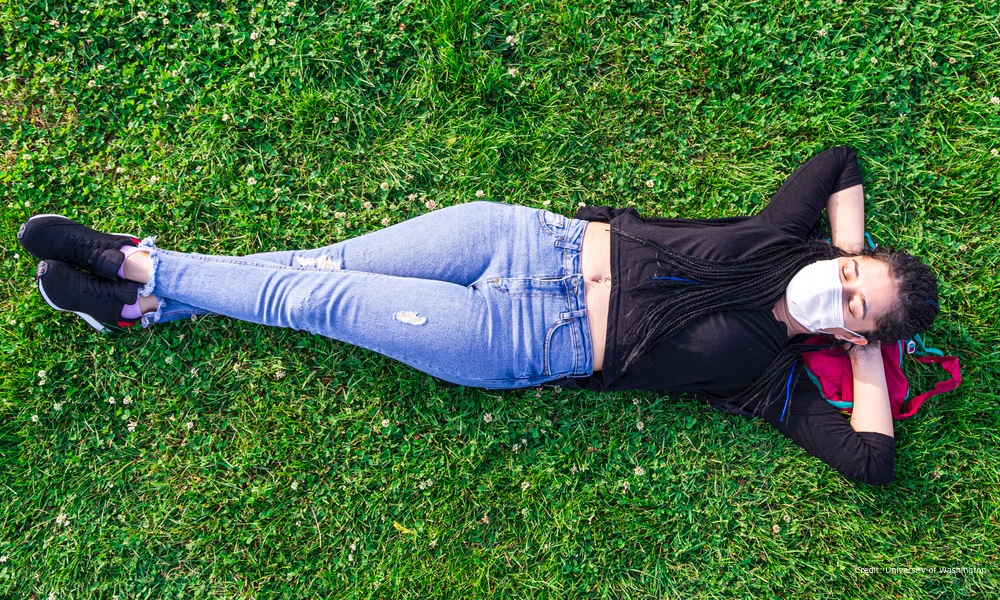As the pandemic rages on and you wait for vaccines to become available to your age group, researchers continue to explore factors that make some people more vulnerable to the virus. Vitamin D deficiency may be one of those factors, according to a new study. It may also make it more likely that people, especially older adults, will test positive for the virus.
Vitamin D is an essential nutrient, but most Americans do not consume the recommended amount. The Recommended Dietary Allowance for adults is a minimum of 600 IU of vitamin D every day, and that minimum amount increases to 800 IU daily for those over the age of 70.
Food sources of vitamin D are few, but exposure to the sun stimulates a process that allows the body to make its own vitamin D. Of course, during the winter months when many of us get little sun, vitamin D deficiency becomes even more likely.Focus on egg yolks, milk, cheese, liver, salmon, mackerel, tuna and sardines — natural sources of the vitamin — to increase the amount of vitamin D in your diet.
People who were deficient in vitamin D were over 450 percent more likely to test positive for COVID-19. Diabetes, obesity and periodontal disease were also associated with an increased risk for both COVID-19 and vitamin D deficiency. But perhaps the most important finding from the study was that the odds of testing positive for COVID-19 for people with vitamin D deficiency increased by a factor of 5 with older age.
Older adults are at increased risk of vitamin D deficiency because they produce less of the vitamin in the body. They also may be in the sun less, have a poor appetite and decreased nutrient absorption. For these reasons, a higher intake of vitamin D may be needed by older people to achieve sufficient blood levels of the vitamin.
While some researchers have suggested taking vitamin D supplements for the prevention and treatment of COVID-19, the National Institutes of Health says there is insufficient evidence to recommend for or against supplementation. The NIH does recognize supplementation may prove beneficial to people who experience lower sun exposure during the pandemic.
Previous research found a connection between vitamin D levels and the severity of the body’s response to COVID-19, including death. As a result, the public health bodies in some countries include vitamin D supplementation in their public health recommendations for reducing the risk of contracting the virus.
Even before the pandemic, people did not spend enough time outdoors; lockdowns, quarantines and work-at-home situations are reducing our exposure to the sun even more. Spending 15 to 30 minutes a day in the sun will stimulate production of vitamin D in the body so it’s a good idea to get outside on sunny days and soak it up.
Should you take a supplement? It probably wouldn’t hurt, especially during the pandemic, though the decision should be made with your healthcare provider who may want to check your blood level of vitamin D. Toxicity from supplemental vitamin D is rare, but as with everything, more is not necessarily better.
The study is published in Nutrition.





